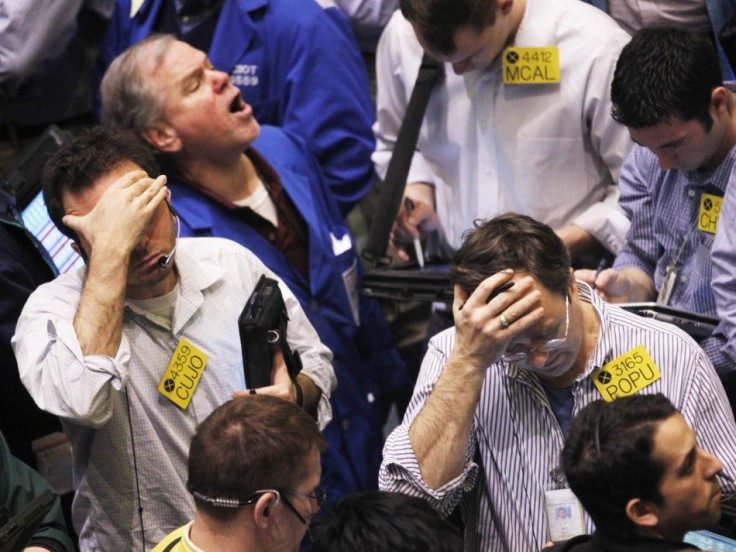How to Trade an Irrational and Fickle Market

The market is incredibly fickle, especially for fundamental analysis-driven traders and analysts. The frustrating thing is that what mattered just a few months ago may not mean anything at all today.
For EUR/USD, it was all about the European debt crisis in mid-2010.
The crisis wasn’t triggered by any new development except for the market itself, namely rising yields for Greek government bonds. Indeed, the flaws in Europe’s monetary union were well known for years and didn’t seem to bother anyone until mid-2010.
But during the European debt crisis, it was all the market focused on.
By September 2010, the focused shifted to QE2. By early 2011, it was global risks in Japan and the Middle East. Come March 2011, European Central Bank President Jean-Claude Trichet's signal of a rate hike took the spotlight and EUR/USD began to rally ferociously. Now, after the rate hike took place, the rally is still going strong.
Meanwhile, as many analysts have pointed out, the problems in Europe’s monetary union clearly haven’t been resolved. These analysts, therefore, expected EUR/USD weakness.
They were right in that the European debt crisis wasn’t resolved and resurfaced again, with Portugal being its latest victim. EUR/USD, however, no longer cared about it. Indeed, it rallied during the height of Portugal’s problems, leaving many analysts scratching their heads and regretting their wrong forecasts.
The lesson to be learned is that the market place – which is just a crowd of buyers and sellers – operates on mass psychology. Its obsession jumps from one factor to another and depends all on which story everyone buys at a particular time.
Figuring out that story / factor du jour is the key to successful trading. Get it wrong, and you’ll will be like the analysts calling for EUR/USD weakness on the Portuguese debt crises long after the market stopped caring about it.
Click here to follow the IBTIMES Global Markets page on Facebook
© Copyright IBTimes 2024. All rights reserved.











